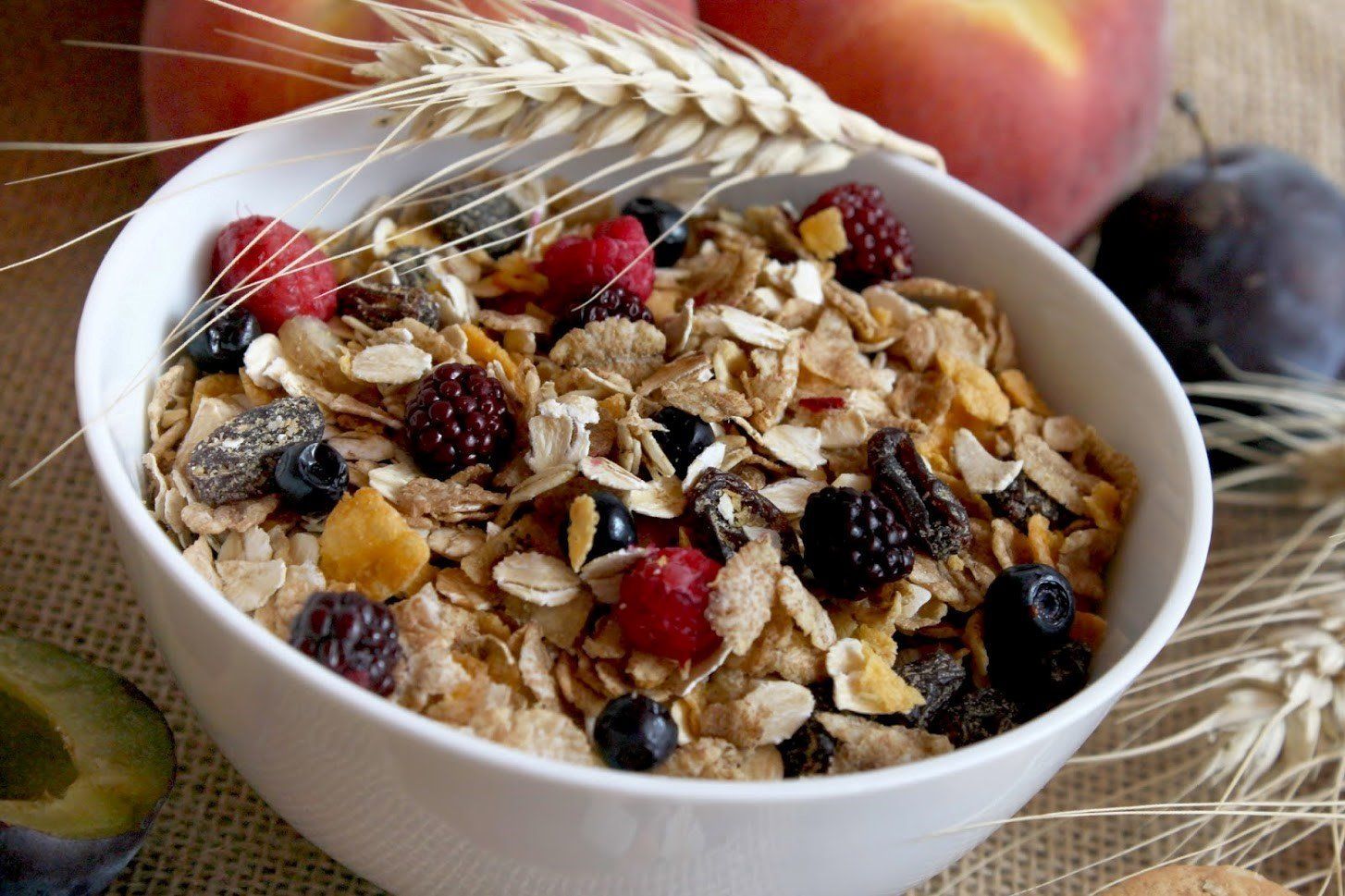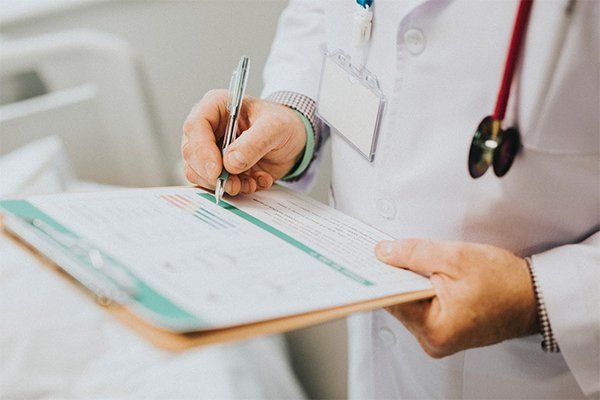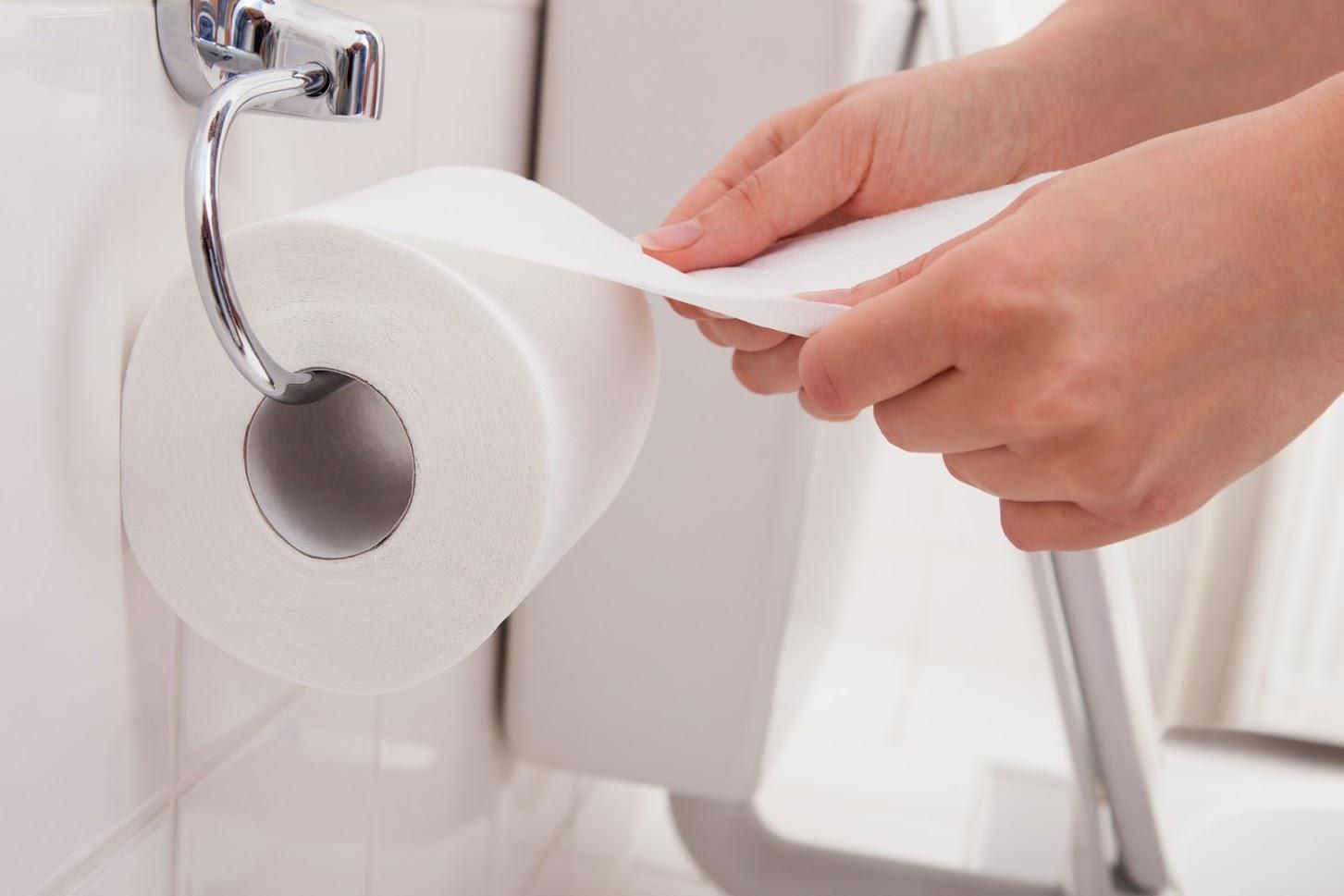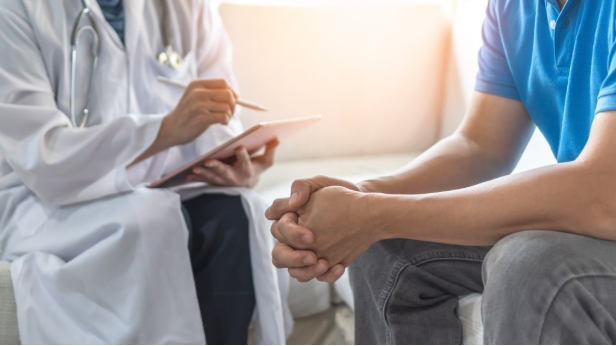What Your Digestive System Says About Your Eating Habits

Your digestive system starts at the mouth and ends in the bathroom. Sometimes while your body breaks down food for nutrient absorption and the manufacture of energy, the digestive process might not function as smoothly as it should. You may experience constipation, diarrhea, gas, and heartburn. Or worse, you develop ulcers, gallstones, irritable bowel syndrome, or other conditions that hamper your ability to digest food properly.
A healthy digestive system is a dynamic structure reliant on you and your diet fare. If your digestive tract could speak your language, what would it tell you? Discover a few possible things your stomach, intestines, and colon may wish to say to you with regards to your eating habits.
You Don't Consume Enough Fiber
Fiber — the roughage from plants your body cannot absorb — is an important part of your diet because it helps maintain an ideal body weight, control blood sugar, and lower cholesterol. Take a moment to focus on what fiber does for your digestive system too:
- Fiber controls bowel movements and increases the weight and size of stool as it softens them. This phenomenon translates to less chance of constipation.
- Fiber helps decrease the likelihood of hemorrhoids and diverticular disease.
Your body may need more fiber if you experience frequent constipation or hemorrhoids. Not sure what foods to look for? Your gut wants more fruits, vegetables, whole grains, nuts, seeds, and legumes. Opt for fresh rather than canned or processed choices, which contain less fiber.
You Don't Drink Enough Water
Water is technically not a food, but it is important to sustain life, so please drink plenty. Water helps break down food during the digestive process so your body can absorb all those nutrients. Without sufficient water, your digestive tract can experience technical difficulties like:
- Ulcers and acid reflux because your body cannot produce adequate digestive acid
- Constipation and pain from hard stools as the colon must remove water during digestion
- Nausea and bloating from overeating rather than consuming water
Keep in mind that not all liquid your body needs comes from water. Around 20% comes from the food you eat, such as fruits and vegetables. Eat foods high in water content like melons, strawberry, and lettuce to give your body a juicy boost. If you don't care for the taste of plain water, add a fruit twist or flavor addition to your water. Don't forget fat-free milk contains over 90% water too.
You Eat Too Fast or Not on Schedule
Your stomach appreciates regularly scheduled meals in order to maintain the entire digestive system. Regular mealtimes means your body has sufficient time to do its job well. Inconsistent mealtimes force your stomach to work harder. The results often make you feel bloated or you experience indigestion and heartburn.
Experts recommend a three- or four-hour break between meals. This type of spacing also ensures you are more likely to eat smaller meals — another happy side effect of meal spacing.
Finally, eating too fast at prescribed mealtimes is a no-no for several reasons. Rapidly consuming food increases your tendency to chew less thoroughly. Poor chewing has links to decreased nutrient absorption. Also, your digestive system has to work harder to digest larger pieces of food. You're more likely to feel indigestion, gas, and bloating after a gorging session.
Instead, chew food thoroughly to ensure you eat more slowly. This allows your body to produce more saliva, which aids in digestion. Eating slow also gives your body time to realize it has reached a feeling of fullness. This practice helps prevent overeating and weight gain.
Pay attention to what your digestive system tries to tell you if you experience frequent bloating, gas, constipation, diarrhea, hemorrhoids, and other ailments. Visit a specialist at Kentuckiana Gastroenterology & Paramount Surgery Center for advice if changes in your eating habits don't seem to help.

















